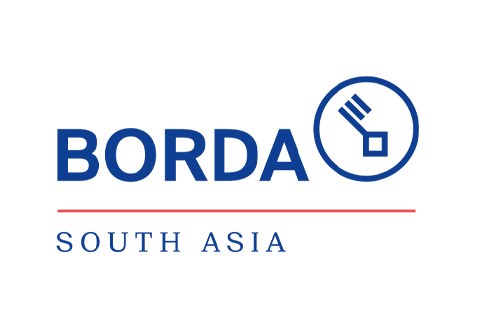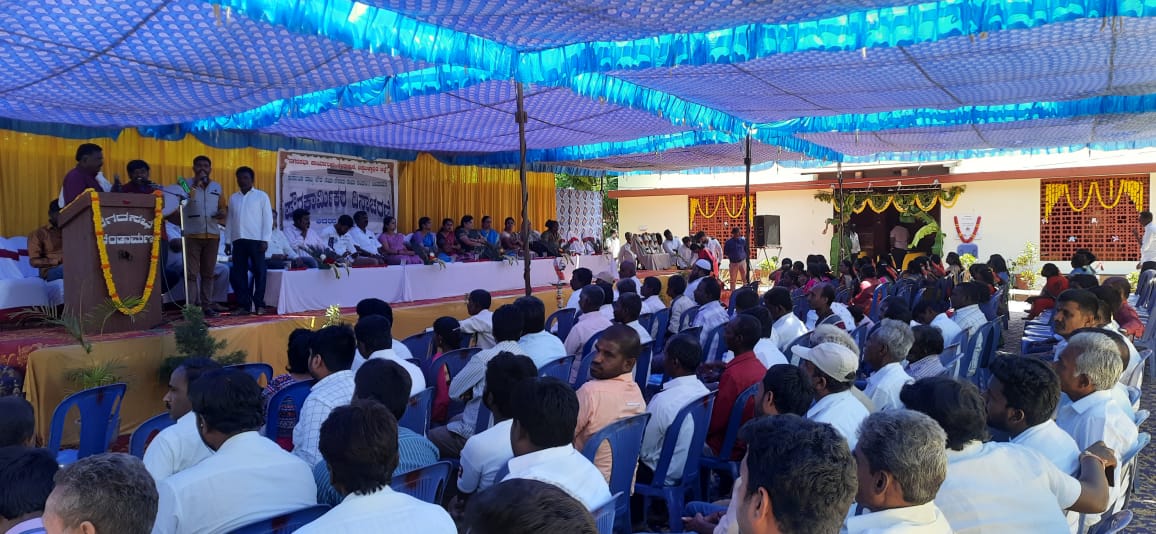

BORDA Nepal
One of the highest countries in the world, Nepal straddles the boundary between the Himalaya mountains and the fertile Ganges lowlands. Almost 50 % of Nepal’s 29 million people live in the lowlands, which make up only 14 % of the country. While the mountain areas are sparsely populated with farms, the cities in the lowlands are growing rapidly. As one of the poorest countries in the region, less than 35 % of the population has access to basic sanitation.
BORDA collaborates with the local NGO ENPHO to transfer knowledge and experience from India to Nepal, training professionals for decentralised wastewater treatment systems (DEWATS) and strengthening institutional structures. With over 30 DEWATS projects in urban areas of Nepal, functional examples of sustainable sanitation have already been established.
The government of Nepal shows commitment to continuing the DEWATS approach. In addition, international organisations and donors including UN-Habitat, USAID and the Bill & Melinda Gates Foundation are highly interested in solutions for wastewater and faecal sludge in Nepal.
After the devastating earthquake in April 2015, BORDA has been working closely with partner organisations in India and Nepal to improve local quality of life through the provision of basic sanitation.
As part of the 2015-2020 Third Small Towns Water Supply and Sanitation Sector Project (3STWSSSP), financed by the Asian Development Bank (ADB), BORDA has provided technical support to the Government of Nepal for water supply and sanitation interventions that improve health and quality of life for people living in the Nepal’s small towns. To improve sanitation service delivery, faecal sludge management (FSM) solutions are to be developed and put into operation.
Change the world with us

Snehit Prakash
Our contact person is at your disposal for questions and answers.
E-Mail: snehit.prakash@borda-sa.org
Phone: + 917042269311
